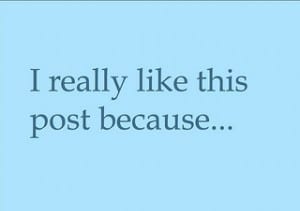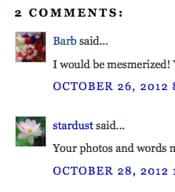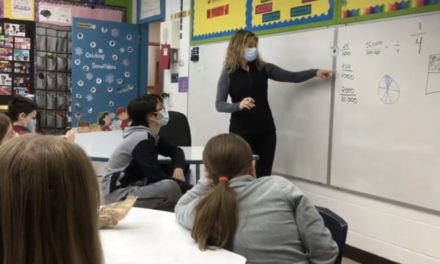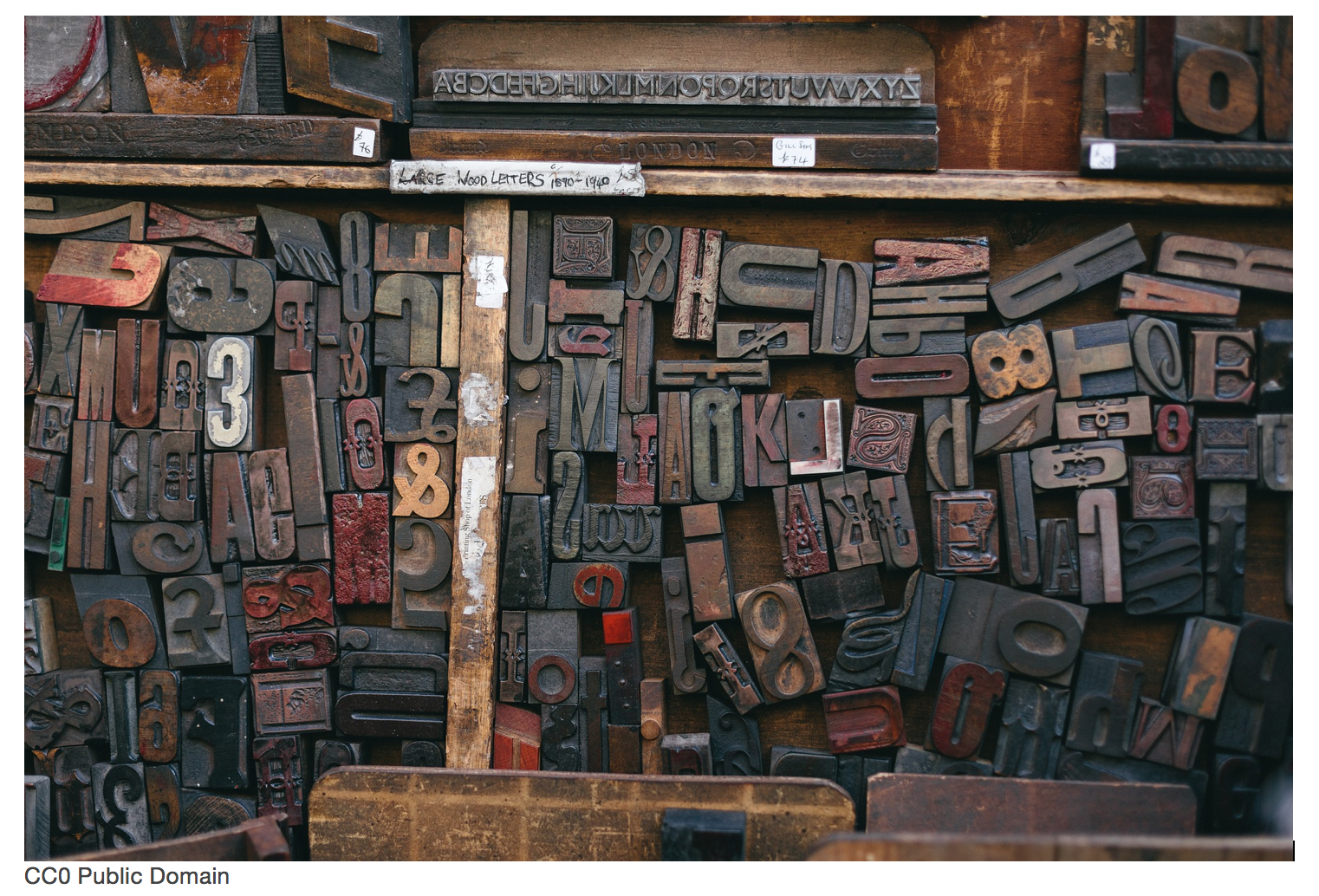
Photo by: Jabiz Raisdana under a CC license
I have been blogging for more than 5 years. I started because I felt, as a teacher, if I was going to ask students to write, I had to write myself. I was starting to read a number of blogs and that, too, pushed me to start one of my own. One of the unexpected things that happened was how important comments became to me. It made me realize that someone was actually reading what I wrote and that it was important enough to him/her to say something in response. It made me sit up and realize that my writing mattered to at least one other person. I had an audience. That in turn made me a more conscientious writer.
Of course, I had to reciprocate – visiting blogs, reading, commenting and always learning. Out of this relationships developed and there are a number of people I care about whom I have never met face to face. Comments start conversations, stimulate thinking and encourage growth.
If comments could do all that for me, imagine what it does for students. A post I read recently, It’s Never Just a Comment, by Kathy Cassidy, talked about comments and her students (grade one) and what it did for them as readers and writers. Their audience outside their classroom was important to them, whether it was people they knew or strangers from other parts of the world. As a teacher, Kathy was able to moderate comments in case any came in that were inappropriate. Her students knew they were not just writing for the teacher but for the real people who are out there reading their work. When comments came from different parts of the world, Ms Cassidy helped her students see themselves as part of a global community. Visit her classroom blog. There are links to all her student blogs – and don’t forget to leave a comment.
Receiving comments helps students become better writers. But this should be a reciprocal relationship. How do we, as teachers, help our students become good at commenting (i.e. leave comments that promote conversation, good writing and positive relationships)?
 Just as we need to help students become better writers, we also need them to become better thinkers and commenting on blogs helps with that. Students learn to read blog posts with a critical eye and reflect on what they read. There are a number of educational bloggers who have written about helping students become good commenters. Some tips include:
Just as we need to help students become better writers, we also need them to become better thinkers and commenting on blogs helps with that. Students learn to read blog posts with a critical eye and reflect on what they read. There are a number of educational bloggers who have written about helping students become good commenters. Some tips include:
- asking questions to learn more
- relating the post to something you are thinking about
- stating what you liked in the post
- be respectful of the writer
A much more extensive list was written by Ann Davis back in 2006. She talked about how learning to make good comments leads to deeper thinking. Here is a link to a list based on her ideas. For some images – a great set on Flickr is available. For a delightful look at commenting done by some young students in California with teacher, Mrs. Yollis watch this video:
Their ideas, though aimed at elementary students have relevance for all. Still at a loss for what to say when reading a blog? Here is a great set of Flickr posters to inspire you.
Do you want to get comments for your students?
- Consider joining QuadBlogging. Your class will be joined with three other classes so each can benefit from reading and commenting on each others’ blogs
- Tweet when your students blog using the hashtag #commentsforkids
- Find other class blogs and get your students to start commenting – usually you will get comments back: http://theedublogger.com/check-out-these-class-blogs/
How about adding a comment here. Let’s get a discussion going. Has this helped you think about using blogs in your classroom? How can you get your students to become better questioners? Do you think reading blogs and commenting will help your students become more critical readers and writers?




This post made me think because I realized that as a reader, I like the comments section of a blog post almost as much as the post itself. A piece of text on its own is like a piece of crystal – somewhat austere, like a proclamation. The conversations that take place as a result if it, turn it into maleable clay!
PS – The kids are too funny!
Thanks so much for this insightful post Susan, the content resonates so much with me at the moment in time embarking on etmooc and trying to improve the way I do things like blogging with my students. I’m very grateful for the great advice!